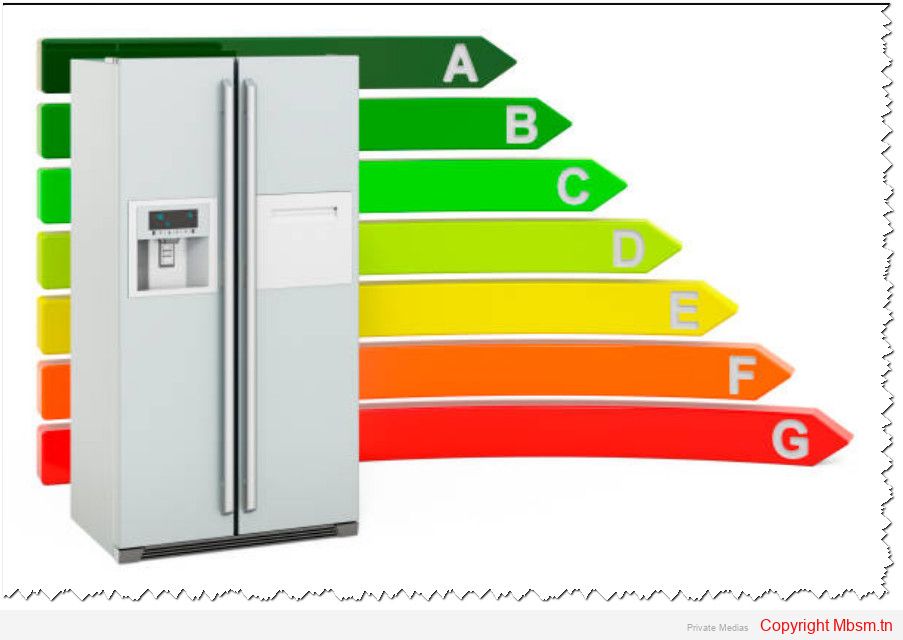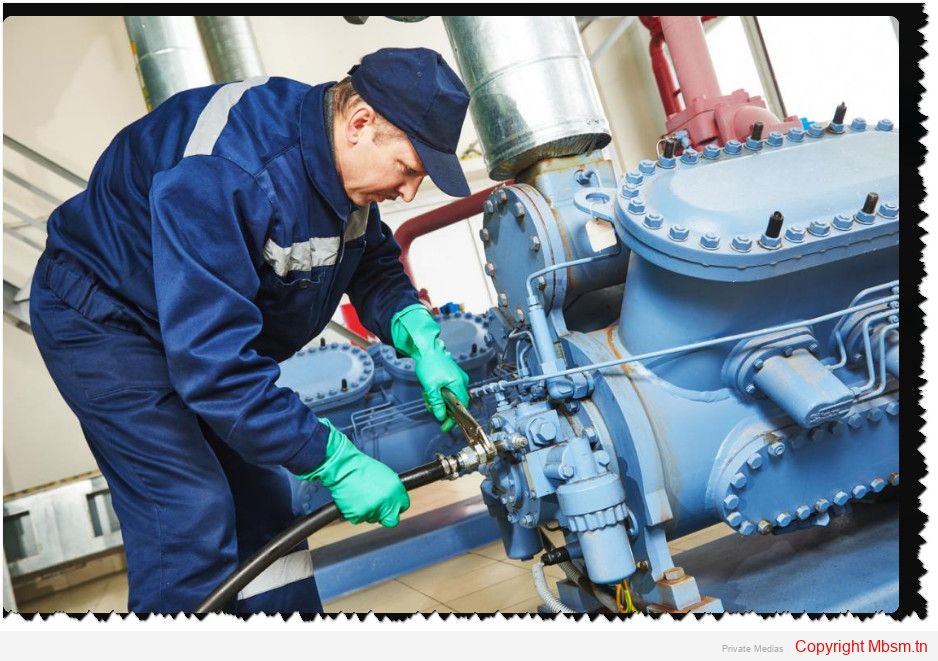Mbsm.pro, Energy Efficiency in Refrigeration: How to Optimize Your Cooling Systems

Energy efficiency in refrigeration systems is crucial for reducing operational costs and minimizing environmental impact. Here are several strategies to optimize cooling systems effectively:
1. Upgrade to Energy-Efficient Models
Investing in modern, energy-efficient refrigeration units can lead to significant savings. Look for models with high Energy Star ratings, as these indicate superior energy performance compared to older units12.
2. Regular Maintenance and Cleaning
Routine maintenance is essential for optimal performance. Regularly clean and inspect components such as coils, fans, and filters to prevent reduced airflow and increased energy consumption24. Neglecting maintenance can result in higher operational costs and decreased efficiency.
3. Improve Insulation
Effective insulation is vital for maintaining desired temperatures and preventing energy loss. Ensure that doors, seals, and insulation materials are in good condition. Upgrading to high-quality insulation can significantly enhance energy efficiency by reducing the workload on refrigeration systems12.
4. Optimize System Design
The design of a refrigeration system should be tailored to the specific needs of the business, including size, layout, and cooling requirements. Proper component selection and effective layout planning contribute to improved performance and reduced energy consumption14.
5. Enhance Airflow and Ventilation
Proper positioning of refrigeration units is critical. Ensure they are located in well-ventilated areas away from heat sources like ovens or direct sunlight. Clear airflow pathways around the units to prevent overheating and excessive energy use24.
6. Manage Temperature Setpoints
Setting appropriate temperature levels based on the specific requirements of stored products can greatly improve efficiency. Avoid setting temperatures lower than necessary, as this can lead to excessive energy use12.
7. Limit Door Openings
Frequent door openings allow warm air to enter refrigerated spaces, increasing the workload on cooling systems. Train staff to minimize door openings and organize storage efficiently to reduce the time doors are open24.
8. Utilize Advanced Technologies
Incorporate advanced technologies such as smart controls, energy-efficient compressors, and LED lighting. These innovations can enhance the performance of refrigeration systems while reducing energy consumption12.
9. Implement Heat Recovery Systems
Consider using heat recovery systems that capture waste heat generated by refrigeration processes for other purposes, such as water heating or space heating. This approach not only reduces overall energy consumption but also improves system efficiency24.
10. Monitor Performance Regularly
Continuous monitoring of refrigeration system performance helps identify inefficiencies and areas for improvement. Implementing control systems that optimize operation under varying conditions can lead to better energy management56.By applying these strategies, businesses can significantly enhance the energy efficiency of their refrigeration systems, leading to lower costs and a reduced environmental footprint.
